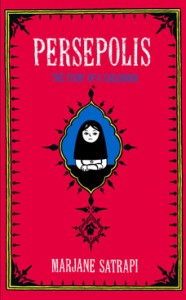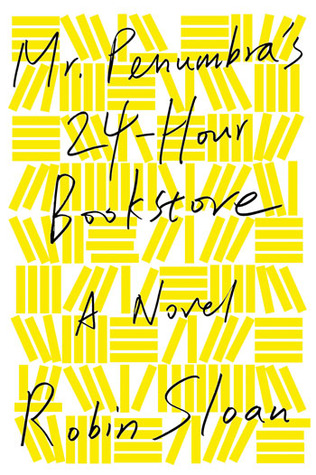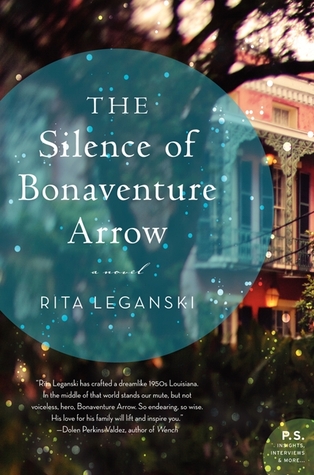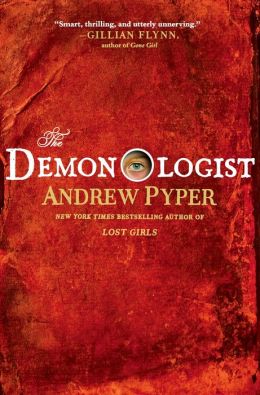
Hopefully by now,
you've heard at least in passing that on March 15th, the Chicago School
District banned the graphic memoir Persepolis, by Marjane Satrapi, from
its classrooms and libraries. Persepolis is Satrapi's memoir of growing
up during a dangerous period of political unrest, Westernization, and
discrimination during the Islamic Revolution in Iran. Satrapi tells her story
of clashing cultures in graphic novel form, and yes, her story includes things
like torture, a man urinating on another man, and images of exposed body parts.
Because of these images the Chicago School District came to the conclusion that
its students were not capable of handling the book, and banned Persepolis
from its district (although since then it's backpedaled to only restrict its
inclusion in the 7th grade curriculum. 8th and 10th grade curriculums are still
up in the air).
The Chicago Teachers'
Union, National Coalition Against Censorship, the Comic Book Legal Defense
Fund, American Booksellers Foundation for Free Expression, Association of
American Publishers, the PEN America Centre and the National Council of
Teachers of English, among others, have spoken out against the ban of such a
powerful work of literature. Many opposed to the ban argue that really, this is
the perfect age at which students should be introduced to stories like
Satrapi's, since they are the approximate same age as the protagonist, and may
be facing some of the same struggles at a time when they are caught between
childhood and adulthood and can often feel helpless, directionless.
Yes, I think that Persepolis
belongs in the hands of readers young and old alike. But I also think that
whether or not the book should be taught is too shallow a question to ask when
there is a much bigger issue lurking just below the surface. I'm talking about
facing some of life's most difficult situations and working your way through to
a plan of action.
Teenagers, even young
ones and "tweens," are smarter than you think. Immature, yes, but
smart. They know what goes on in the world, about war and violence and
discrimination and rape, no matter how much you think you've sheltered them, no
matter how much you'd love to think they will never have to face any of these
difficult things. It's there on the evening news, in video games and song
lyrics, in popular tv shows. These kids know about these horrible things even
if their parents or teachers never say a word about it. They know these things
exist, but do they know how to handle them?
Books like Persepolis
provide the perfect opportunity for open discussion about these harsh
realities, and healthy ways in which to address them. Teachers can be trained
to use stories like Satrapi's as valuable guides for critical thinking and
situational analysis from a third-person perspective, guiding the students
through the protagonist's struggles with an eye toward constructive
problem-solving. Analysis of this could take place through open class
discussions and exploratory writing exercises to identify positive and negative
actions taken by the protagonist, the impacts of those actions, and how and how
a student can or can't relate to what the protagonist is thinking and feeling.
By overcoming the
cultural gag order on controversial issues in our public school systems, we can
guide students in the direction of healthy decision-making to prepare them for
when they face their own seemingly impossible situations. And this opportunity
is not limited to using Persepolis. Sherman Alexie's The Absolutely True
Story of a Part-Time Indian features a teenage boy who learns to view women
as valuable individuals, instead of just sex symbols and objects of desire. It
also includes a reference to masturbation. Speak, by Laurie Halse
Anderson, depicts the struggle of a teenage rape victim as she tries to accept
what happened to her and tell someone about it. It involves teen drinking,
delinquency, and rape. But these are the realities of teens in the modern age,
which is why they appear in so many YA authors' work.
Public schools,
however, need to consider whether a book is going to offend their community.
This is a major stumbling block for the "teaching the situation"
approach that I've outlined here. Some parents may insist that their child is
still in need of being sheltered from the world, and for those people I really
have no polite or diplomatic response at the moment. For the rest, who are
concerned about how the book in question is to be taught or whether a single
reaction to that book is going to be forced upon a child, I suggest that this
is an incredible opportunity to be involved in a child's education. Especially
knowing that a student is going to be reading and talking about some
emotionally tough subjects, a parent can really seize the moment to talk with
their child and ensure that they are getting familial values and ethics out of
the book. Communication with teachers, too, can reassure parents that the book
is indeed being taught as a constructive tool for handling future life
challenges. An open dialogue between parents and educators with the child's
education at the center of everything? What could be better?
Additionally, a parent
volunteering to openly talk with their child about rape, violence,
discrimination, and other tough issues in books shows a child that they're
interested in what the child thinks on those issues. By talking about drugs in,
for example, Go Ask Alice, a parent signals to a child that they are a
"safe" person to whom they can address questions or concerns not just
about the book, but in real life as well. The topic of drugs, or where they can
lead, is no longer a forbidden topic because that topic has been broached by
the book.
This is my idealistic,
ever-hopeful, rose-tinted vision of what our education system could be like
someday. We're nowhere near to reaching it, but that doesn't mean someday it
won't be possible. For the time being though we're still stuck in a rut pitting
teachers against school districts over an image of male genitalia or the word
"bitch." And students keep watching their shows, playing their video
games, without knowing that it's okay to talk about the harsh realities
pictured there. This isn't just about Persepolis: It's about how we
approach our children, what we trust them to be able to handle responsibly, and
who's going to step up and teach them how to make it through the tough parts of
life. Right now in Chicago, it looks like the ones who are really suffering
because of this book ban are the students. And I sincerely hope that this
changes soon.




